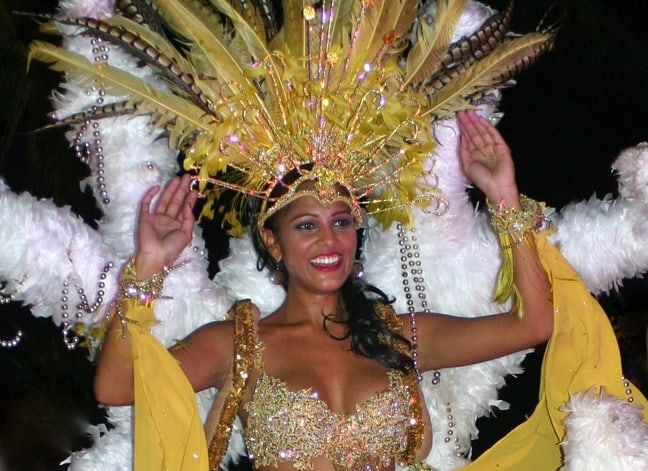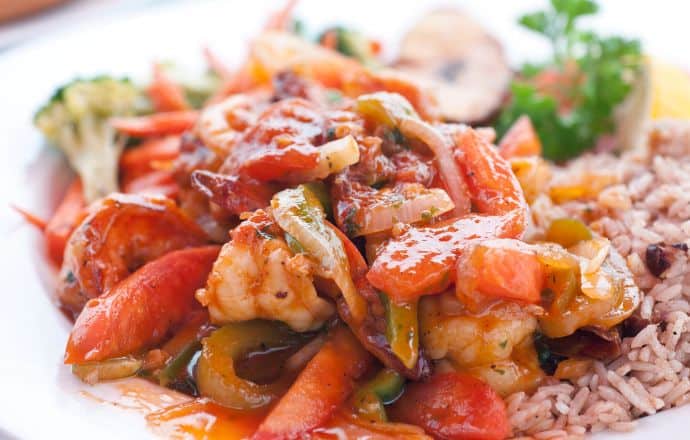There are essentially two types of tourists who visit the Caribbean, the 2,500-mile-long chain of more than 7,000 islands, islets, reefs, and cays scattered across the Caribbean Sea.
There are those merely searching for the soothing relaxation of sandy beaches between their toes, strong drinks in their hands, and sunny skies above their heads.
And then there are the ambitious explorers looking to soak up a diverse palette of Caribbean culture stretching back hundreds of years to the Amerindian group once known as the Caribs (now called the Kalinago people).
The islands of the Caribbean are occasionally referred to as the West Indies, due to Christopher Columbus’ belief that he had landed in Asia (rather than the Americas).
They’re classified as one of Conservation International’s biodiversity hotspots because they support remarkably different ecosystems ranging from cloud forests to cactus scrublands.
But equally impressive are the vast cultural differences among the islands, with people, customs, and cultural festivals bearing a broad variety of influences ranging from African, Spanish, and Portuguese to British, French, and Dutch.
From Caribbean music and dance to art, cuisine, and fashion, the culture of the Caribbean islands has had a dynamic impact on modern popular culture around the world.
Read on for an array of fascinating facts about Caribbean culture and history, including an overview of the rich cultural traditions that make each of these Caribbean islands unique.
READ MORE: 10 Great Destinations For Luxury Caribbean Vacations
Caribbean Culture & History Guide
- Aruba
- The Bahamas
- Cayman Islands
- Dominican Republic
- Haiti
- Jamaica
- Puerto Rico
- St. Maarten/St. Martin
- Turks & Caicos
- U.S. Virgin Islands
READ MORE: The 20 Best Caribbean Islands to Visit (For Nature Lovers)

ARUBA
1. Part of the Kingdom of the Netherlands, Aruba’s original inhabitants were members of the Arawak tribe, who migrated from Venezuela to escape the attacking Caribs.
2. Due to the distance from other islands and strong currents that made canoe travel difficult, Aruba remained more tied to South America than the Caribbean.
3. Under Dutch administration since 1647, the island gained independence in 1986. But its Dutch cultural traditions can still be felt on national holidays such as Sinterklaas Day (Dec 5-6).
4. The annual Carnival Celebration in Aruba…
Click Here to Read the Full Original Article at Green Global Travel…
